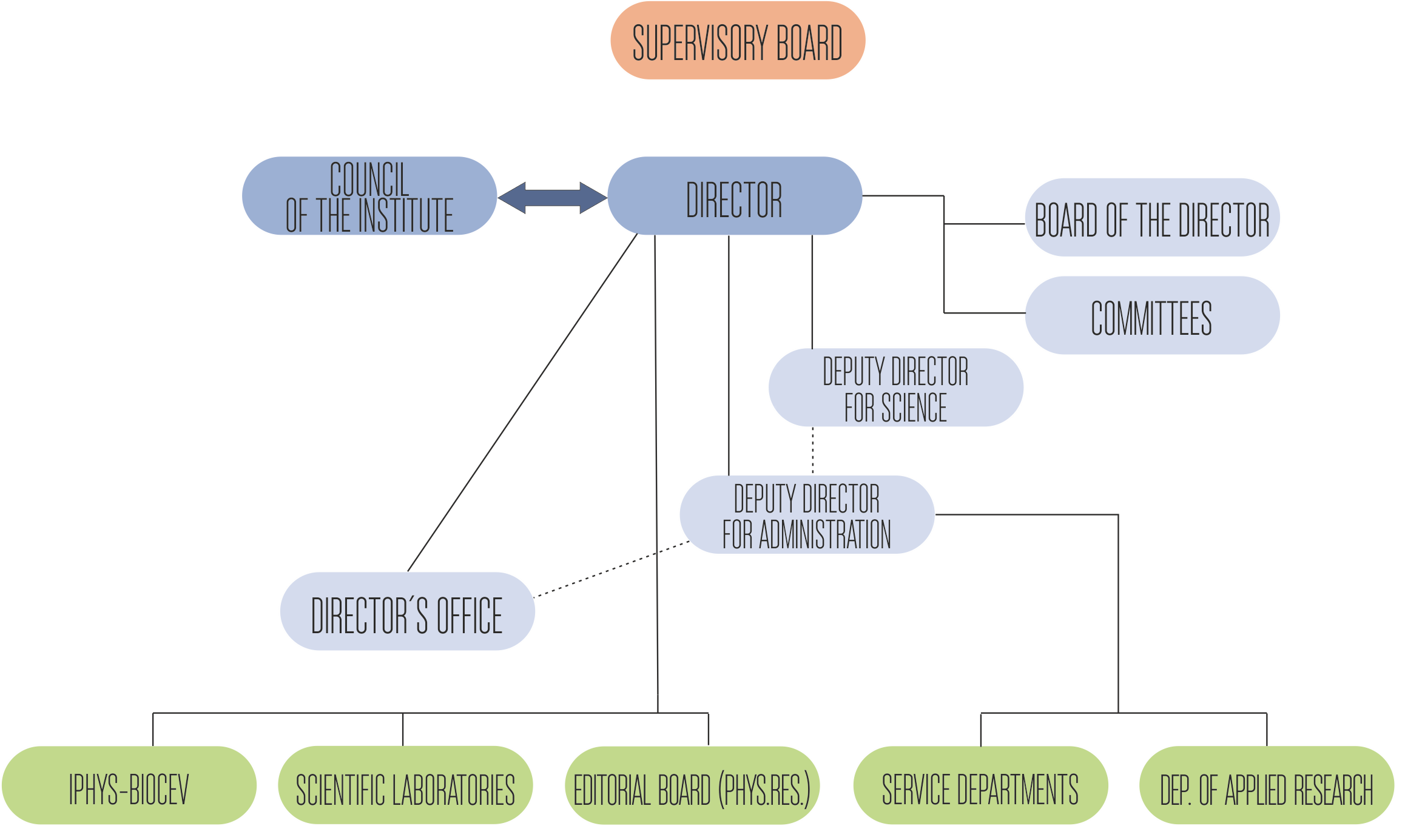The experimental studies have shown that increased body temperature may worsen the effects of brain damage resulting after the brain injury, ischemia or during cardiac arrest.
The Department of Developmental Epileptology has long focused on the study of the consequences of epileptic seizures for the immature brain. Our previous research has shown that prolonged convulsions (status epilepticus) lead to permanent cognitive impairment, mood changes, atrophy of certain brain structures and the onset of epilepsy very early during postnatal development. However, the severity of the damage increases significantly with the age at which the status occurs. In collaboration with colleagues from the USA (David Geffen School of Medicine at UCLA, Los Angeles), we have focused on the effect of a short-term increase in body temperature on the course of status epilepticus in the neonatal period and on its consequences, especially on the development of epilepsy in adulthood. We found an increase in body temperature to 39°C for 30 minutes does not worsen the course of the statute itself but increases the extent of brain damage. In the long term, it leads to the development of a more severe form of epilepsy than in individuals who were not exposed to hyperthermia during stasis.
Our results demonstrate that even a short-term increase in body temperature significantly increases the epileptogenicity of prolonged epileptic activity as well as its destructive effects on brain tissue. On the other hand, lowering body temperature during status epilepticus could favorably influence its long-term consequences for the immature brain.
Short-term hyperthermia during a prolonged epileptic seizure leads to worsening of brain damage. Figure A is a 3D model illustrating the enlargement of the lateral ventricles during hyperthermia (HT) and normothermia (NT). Figure B shows the percentage incidence of the milder form of seizures (grey) and the more severe form accompanied by convulsions (red) in adulthood.
Suchomelová, L. – Lopes-Meraz, M. L. – Niquet, J. – Kubová, Hana – Wasterlain, C. G.Hyperthermia aggravates status epilepticus-induced epileptogenesis and neuronal loss in immature rats.Neuroscience. Roč. 305, Oct 1 (2015), s. 209-224. ISSN 0306-4522. IF: 3.357, 2014


